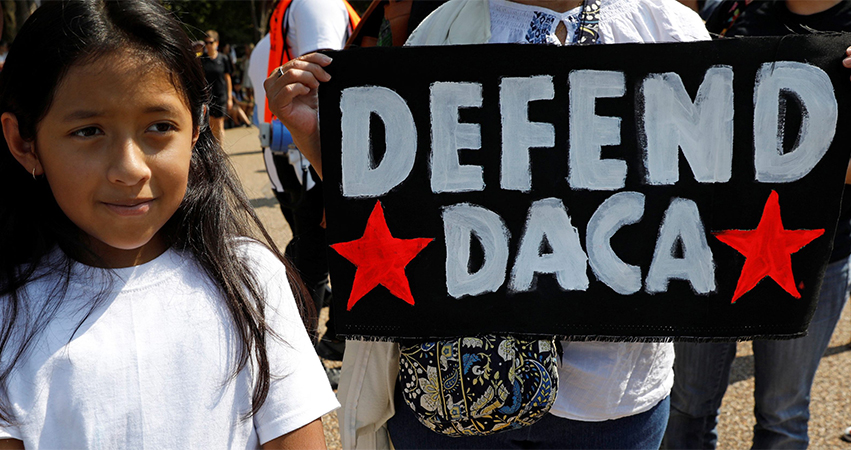
Walmart Answers US Corporate Tax Cuts with Pay Raise
Notably, Walmart added that it would dispense special bonuses, ranging from $200 to $1,000, and expand paid parental and maternity leave benefits for its workers. The company, with nearly 1.5 million workers in the U.S., says the pay increases and bonuses will amount to $700 million in the current fiscal year.
Walmart’s announcement follows companies like AT&T, Boeing and Wells Fargo, which have all pledged to either boost their starting wages or pay one-time bonuses in order to share their tax windfalls with their employees. The moves are evidence that a virtuous cycle of economic growth has been created in the U.S., as increased corporate earnings lead to more jobs and wages, which in turn fuel consumer spending and investment, allowing companies to boost production.
Although the U.S. federal minimum wage has been stuck at $7.25 per hour since 2009, labor markets around the country have tightened since the overall U.S. unemployment rate in December fell to its lowest level in 17 years. This is forcing American employers to feel that pay hikes are necessary to attract and hang on to employees.
Meanwhile, South Korea is adopting a completely different approach. The Moon Jae-in administration raised the minimum wage by 16.4 percent and the income tax rate for the nation’s highest-earning companies from 22 percent to 25 percent. The tax increase on top of rising labor costs and regulatory restraints came at a time when countries like the U.S. and Japan were scrambling to cut corporate tax rates; the move will make Korean businesses less competitive globally, inciting more factories and capital to leave the nation.
Moreover, it is questionable whether Moon’s “wage-led growth” strategy − which is designed to spur an increase in consumer spending by raising the minimum wage − would initiate a virtuous cycle. It will be extremely difficult for the self-employed and small companies around the country to stay in business once they bump up their minimum wages; they are already suffering from low productivity and labor shortages.
Walmart’s case clearly shows how to set a virtuous cycle of economic growth in motion. The key is to relax regulations and cut tax rates in order to prompt waves of new investment and hiring.


